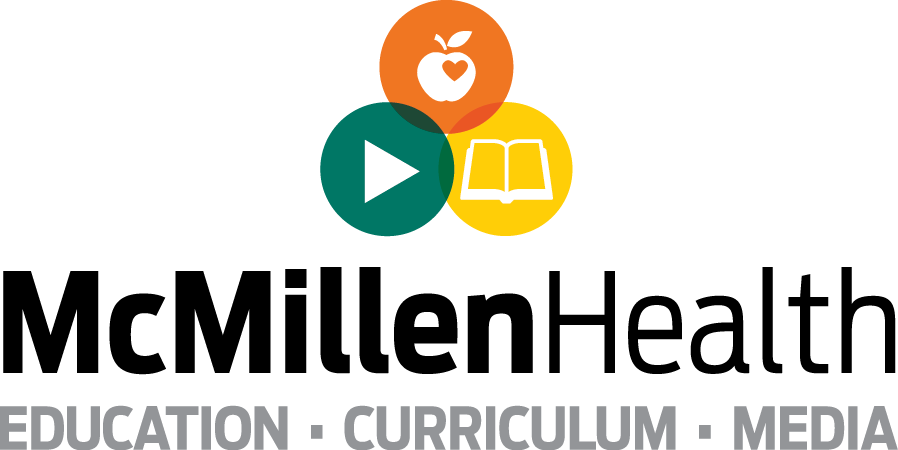
Botvin Lifeskills & #WowTalk Café
Helping teens make healthy choices. Schedule a Lifeskills session or Café today!
In 2020, McMillen Health received funding from the Indiana Department of Health to implement three nationally-recognized, evidence-based programs throughout the Indiana counties of Blackford, Elkhart, Fulton, Jay, Kosciusko, and St. Joseph in an effort to reduce teen pregnancy. From 2020-2023, McMillen Health implemented the Botvin LifeSkills High School and Transitions Programs to improve social, emotional, and foundational life skills in adolescents aged 13-19 in the school setting; #WoWTalk Café models in efforts to provide a transformative change in increasing engagement of teens and parents/caregivers; and the Adolescent Champion Model, a multi-faceted intervention designed to address a health center’s environment, policies, and practices to ensure that all aspects are centered around youth.
Schedule a session or Café today!
Shannon Gleason
Director of Educational Services
sgleason@mcmillenhealth.org
(260) 456-4511
Lifeskills Training for High School Students
LifeSkills Training (LST) promotes positive mental health and personal development in adolescents. We provide two curricula options to serve all high school students’ needs. LST High School is 10 sessions and teaches 9th and 10th grade students the essentials of healthy living and effective communication skills that will serve them well as they gain more independence in their teen years. LST Transitions is a 6-session curriculum for 11th and 12th graders that helps prepare them for a healthy transition into young adulthood.
These curricula are formed around three key focus areas:
Personal Self-Management
Decision-making and managing stress, time, and moneyGeneral Social Skills
Strengthening communication skills, building and maintaining relationshipsDrug Resistance Skills
Understanding the consequences of substance use and risk-taking
Evidence for Lifeskills Training
Both curricula have been shown to reduce the rate of substance use in high school students by half. LifeSkills Training curricula have been selected for excellence by organizations such as:
Substance Abuse and Mental Health Services Administration (SAMHSA)
Centers for Disease Control and Prevention (CDC)
American Psychological Association (APA)
National Institute on Drug Abuse (NIDA)
And more!
Program Structure
McMillen Health’s professional educators present the 6 (Transitions) or 10 (High School) sessions in 45-minutes presentations to teens. McMillen Health is known for highly interactive health education that keeps students engaged to ensure they will come away with the knowledge to make healthier choices, no matter what their learning style is. Short, low-literacy videos are incorporated into each program session to make each topic relatable to youth. Follow-up activities are available for each session to be used at the discretion of the classroom teacher or supervisor. Community resources are also provided to program participants.
Parent Cafés and #WoWTalk Cafés for teens
Parent Cafés and #WoWTalk Cafés for teens are group conversations designed to help people work together to build protective and promotive factors, as developed through the Youth Thrive framework.
PROTECTIVE AND PROMOTIVE FACTORS:
Personal resilience
Social connections
Knowledge of youth development
Concrete supports in time of need
Social, emotional, behavioral, intellectual, and moral competence in youth
Each Café session includes large and small group discussions to help attendees work through common issues that families face. Topics are presented in a fun and interactive way to help drive home the lessons learned at each discussion. Cafés last 90 minutes or can be split into two 45-minute sessions, and have an informal setting.
CAFÉS ARE FOR:
Youth and young adults – information they need to be more successful as they transition into adulthood.
Parents – education about raising resilient, thriving families.



